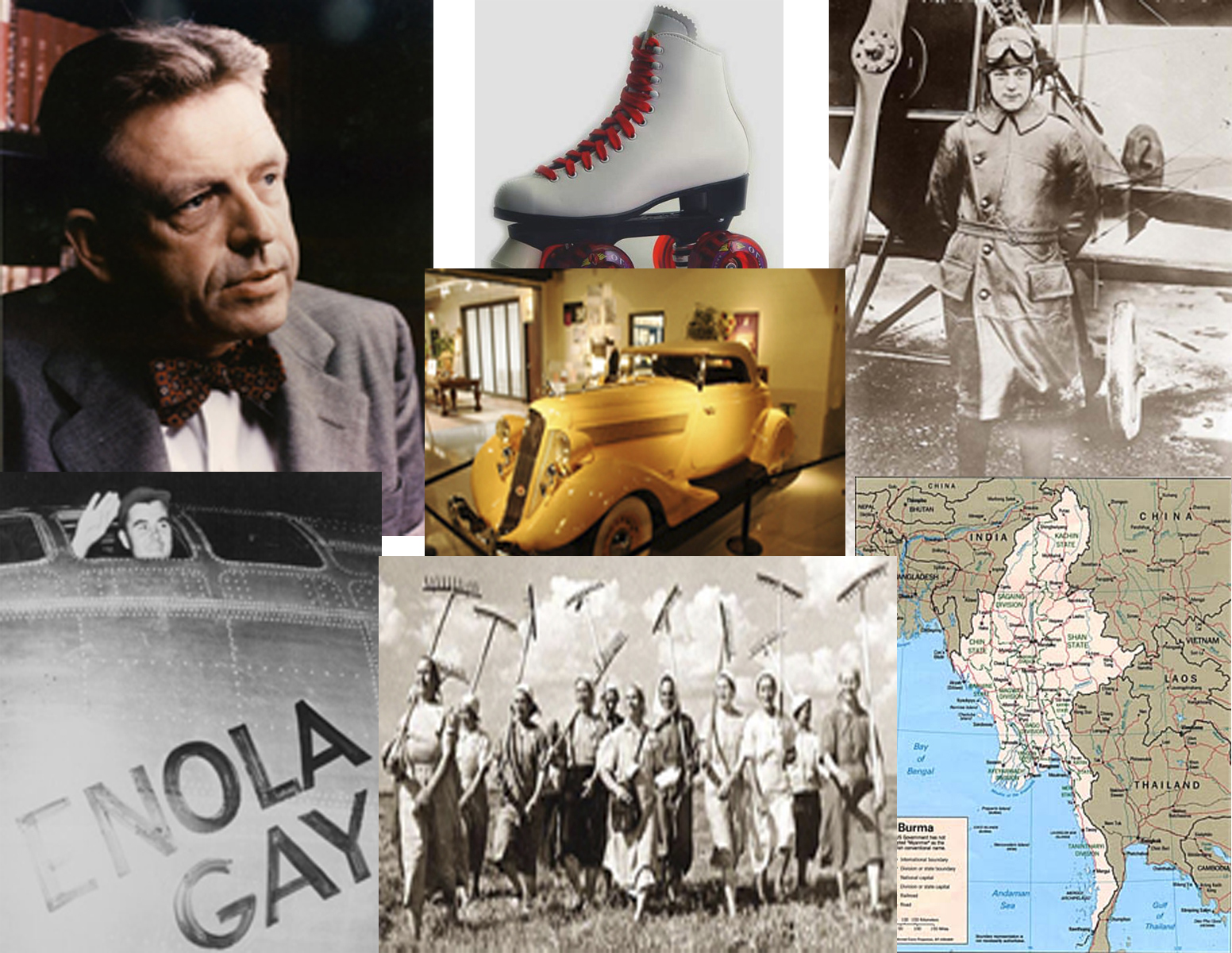1. Biography: Homer E. Capehart, 1969-1973 29 Interviews
Indiana University Center for Documentary Research and Practice
This project is comprised of interviews regarding Homer E. Capehart and in particular, his political career as a Republican United States senator from the state of Indiana from 1944 to 1962. Often emphasized in the interviews is Capehart's organization of the Cornfield Conference in 1938 which served to rejuvenate the Republican Party in Indiana. Also much discussed is Capehart's legendary business acumen and status as a wealthy self-made man, proud of his humble origins. Many of the interviews also deal with national politics, Capehart's friends and political opponents, his impact and influence in Congress (through the Senate Banking and Currency Committee and the Senate Foreign Relations Committee), his personal characteristics, communism, and the reasons for his unexpected defeat in 1962 at the hands of Birch E. Bayh, Jr.

